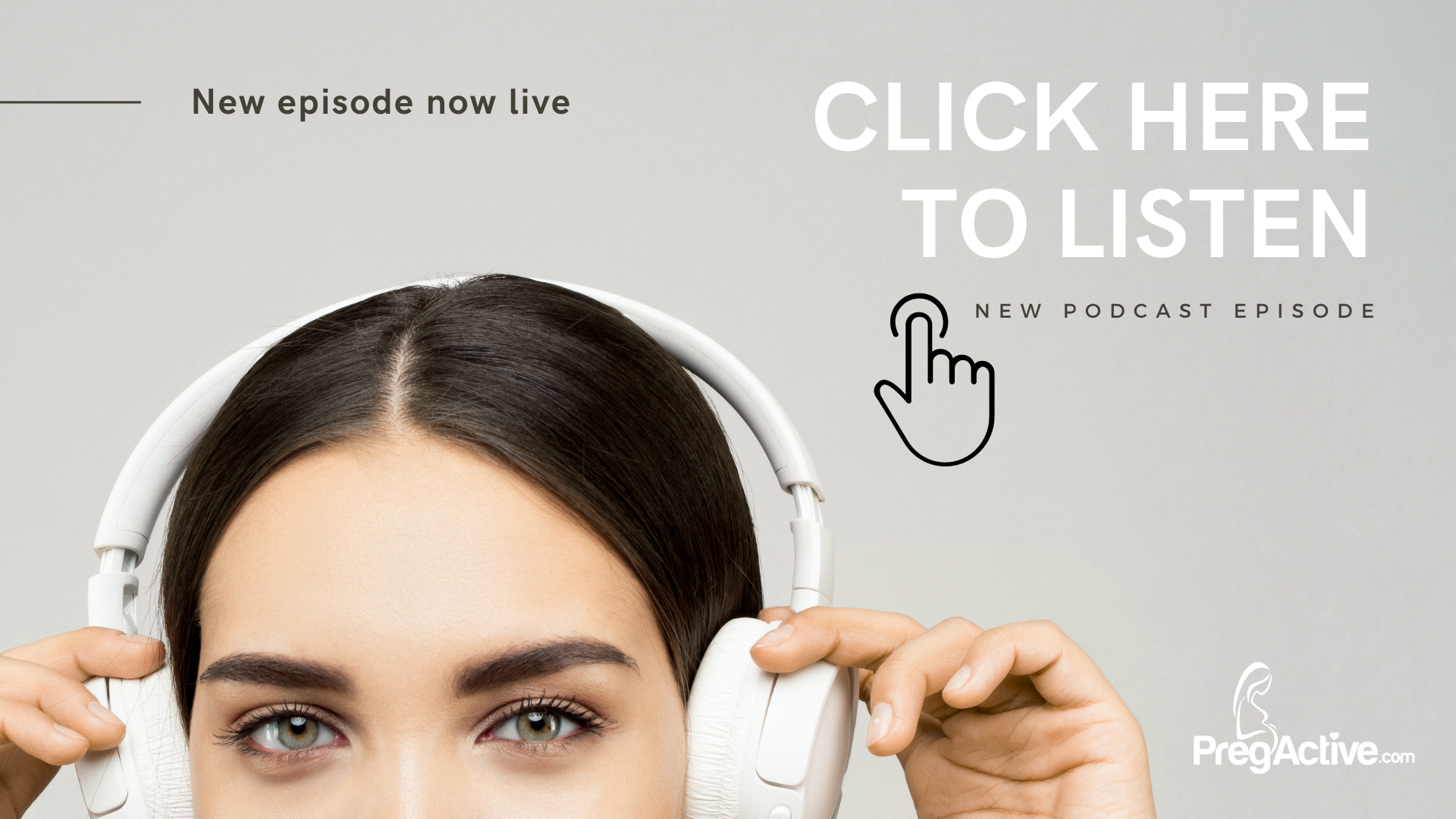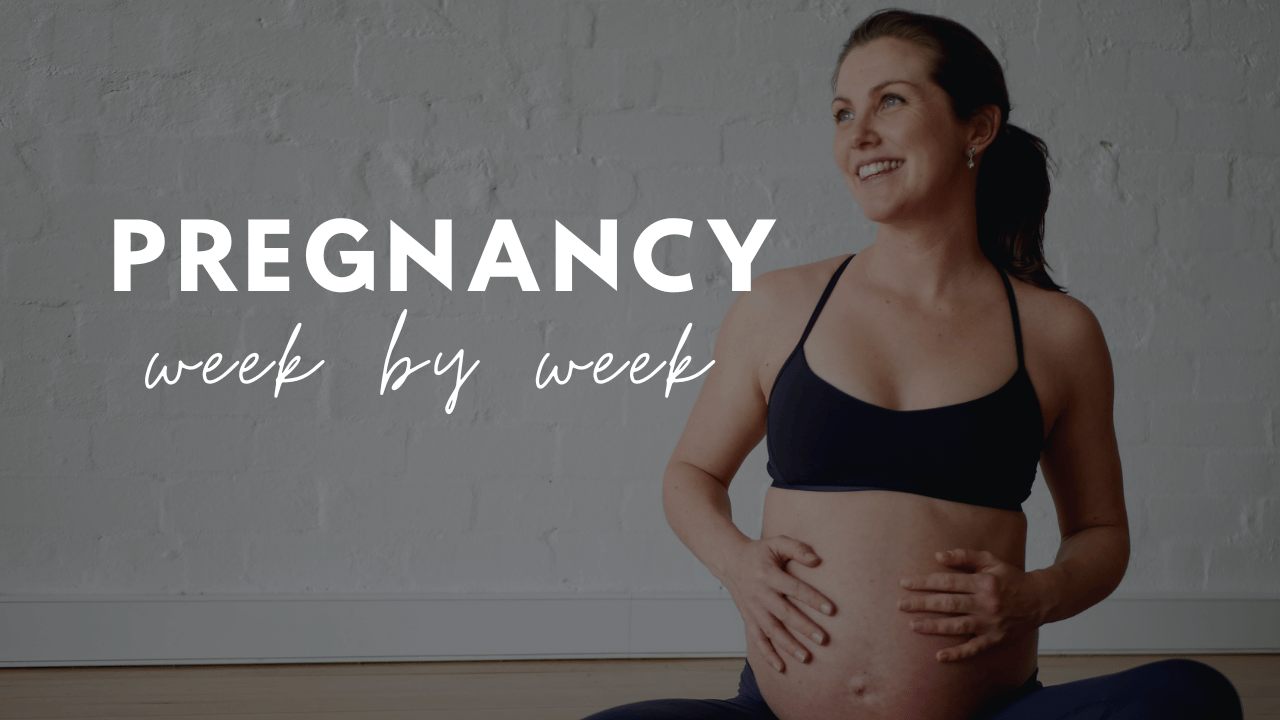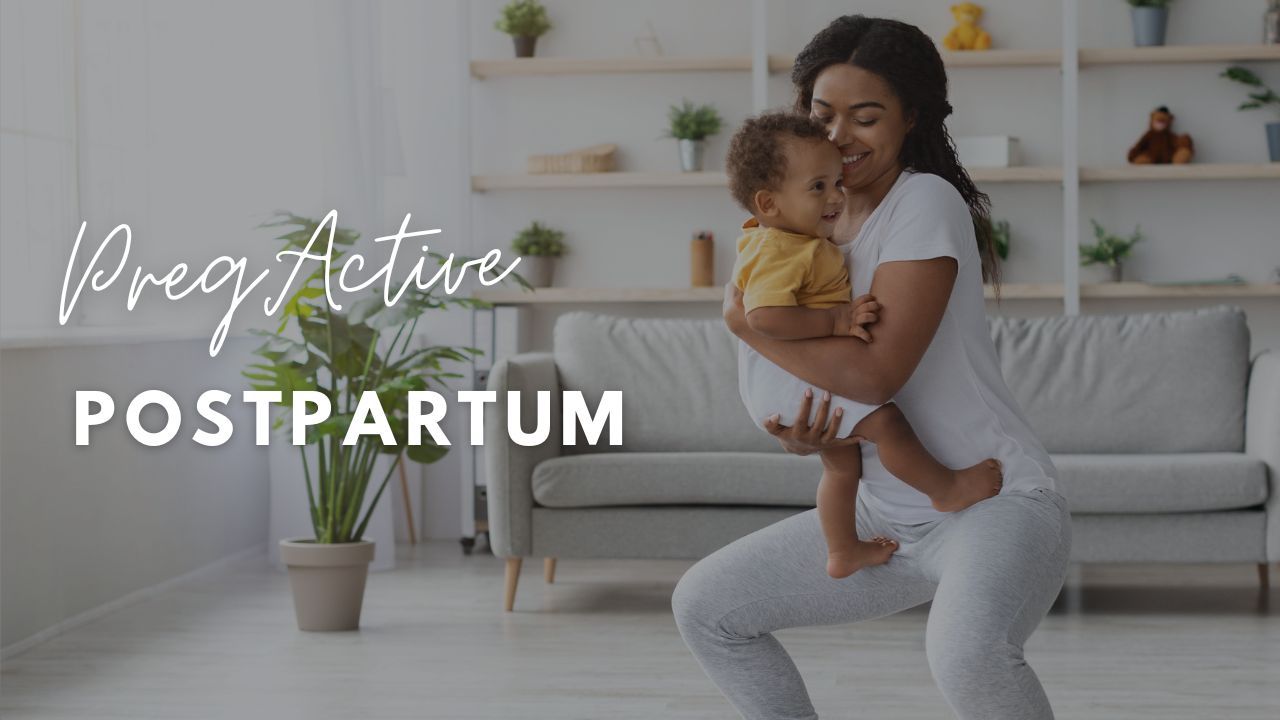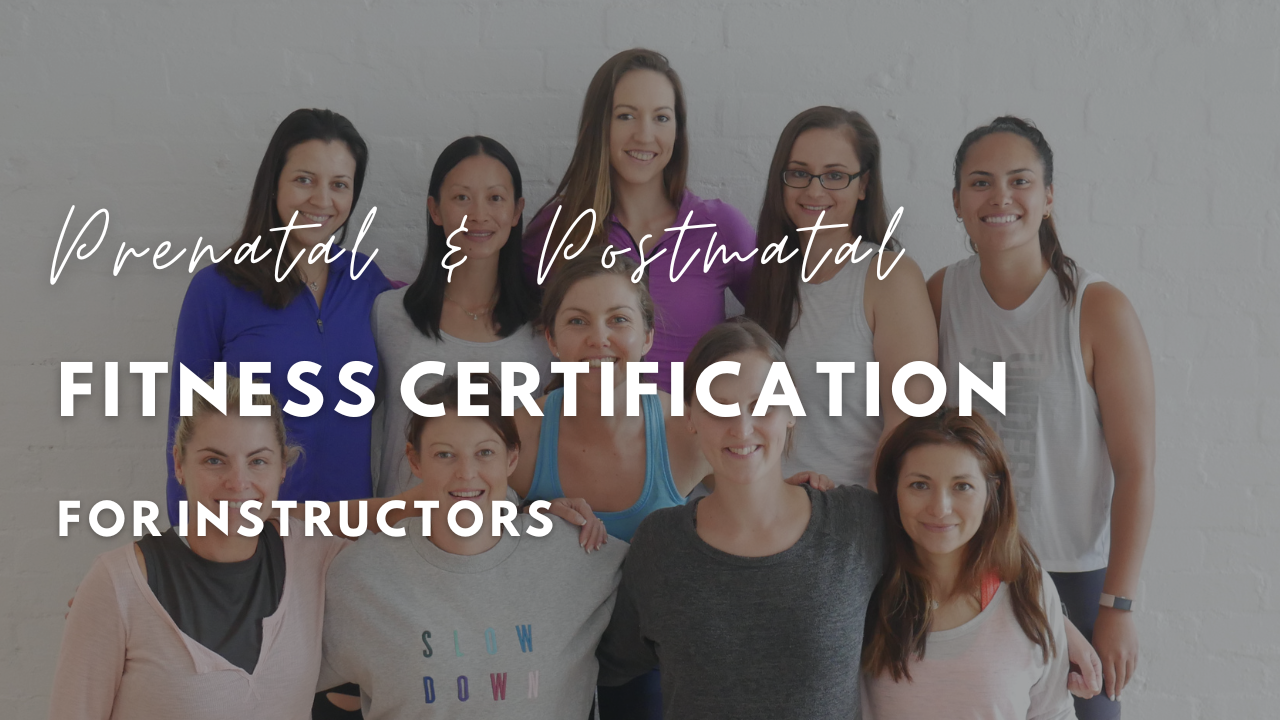Let's Chat about Low Iron in Pregnancy

Low Iron in Pregnancy
Why is it so common to have low iron in pregnancy, especially the third trimester? Well, it's not everyday that your body is working hard to grow a baby!
Women already have a higher iron requirement than men, due to the fact that we menstruate and so blood losses means that we need more iron, more often.
Iron helps to make red blood cells and to carry oxygen around the body. Adequate iron levels are also important for a healthy immune system and releasing energy from cells.
Here is my podcast.
During pregnancy there are two things that happen:
1. Your body needs an even higher amount of iron because you are experiencing a stage of life where your needs increase in a very rapid time-frame and so the body requires more red blood cells to cater for this.
Think about all the cells that need to be made and this all is taken from the you which means you still need some iron to support your daily function.
2. Your baby is optimizing it's iron stores from the womb, and they develop during each trimester. It's slowly stocking up on iron reserves to support themselves during the first 6 months of life.
This is why many women can find themselves being low in iron in the third trimester because this is when your baby has reached its peak body formation and literally stealing iron stores from you!
Daily requirements of iron for a pregnant woman?
A woman's recommended daily iron requirement is 18mg (compared to men who only need 8mg per day).
During pregnancy, this increases to 27 mg per day!
To give you an idea:
100g beef steak has about 3.5mg of total iron, with about 0.7mg (1/5) being absorbable.
What we do know is that having Vitamin C with an iron rich food can help to increase the absorption of iron in the body.
But having high amounts of tea, coffee, wine or cola can limit the uptake of iron, as well as high calcium foods like dairy products.
This is because iron has to compete with calcium or tannins (in tea) for absorption and calcium / tannins tends to win, so making sure if you're consciously eating iron rich foods, try and not pair them with dairy or your cuppas!
Why is Vitamin C so important to help with absorption?
It's due to the chemical changes that happen after we eat and absorb iron from food. Vitamin C also known as ascorbic acid does two things:
(1) the prevention of the formation of insoluble and un-absorbable iron compounds and
(2) the reduction of ferric (Fe3+ - lost 3 atoms) to ferrous (Fe2+ - lost 2+ atoms) iron, which seems to be a requirement for the uptake of iron into the mucosal cells.
(Ascorbic acid facilitates iron absorption by forming a chelate with ferric iron at acid pH that remains soluble at the alkaline pH of the duodenum)
Red meat is the first thing we think of when talking about iron, what are other sources?
Red meat typically is also highlighted first, because it is high in what we call haem iron, which the most easily absorbed.
However, there are many other foods that are also high in iron, but they may be higher in non-haem iron, which often means you need to eat much more to get the same amount of easily absorbable iron.
There are also lots of fortified food products out there which can help. These can include breakfast cereals, malt powders.
What are some examples of good food combinations to help with iron absorption?
Make Bircher muesli by soaking oats and dried apricots in juice overnight. Top with a little milk in the morning for breakfast.
Avocado and poached eggs on wholemeal toast topped with baby spinach and lime juice.
Falafels made with mixed beans and chickpeas served with mango chutney on a bed of quinoa and spinach.
Stir-fry broccoli, capsicum, with some lean red meat and serve with brown rice.
Asian noodle salad with tofu, shredded cabbage, carrot, cucumber and marinated tofu with a citrus soy dressing.
Snack on cashews + fruit + Liquorice + strawberries.
Is there a difference between meat sources and non-meat sources of iron?
There are two forms of dietary iron: heme and non-heme.
Heme iron is derived from hemoglobin.
It is found in animal foods that originally contained hemoglobin, such as red meats, fish, and poultry (meat, poultry, and seafood contain both heme and non-heme iron). Your body absorbs the most iron from heme sources.
What are some side effects to be mindful of if taking iron supplements?
There are three stages of low iron levels beginning with iron depletion, then iron deficiency and finally iron deficiency anaemia. A simple blood test can identify any stage of low iron levels.
Iron deficiency anaemia generally requires an iron supplement, while iron depletion may be treatable with a high-iron diet.
Iron supplementation can interfere with absorption of other nutrients such as zinc, and could have side effects such as nausea and constipation.
If you're experiencing constipation, you like to try adding in extra soluble fibre (and fluid).
Such as psyllium husks or chia seeds which help to soften your stools.
Or a gentle laxative like coloxyl with senna may also be helpful in extreme constipation - best to consult with your doctor first.
If you are taking a supplement, remember to make sure you don't have it around a meal when you're eating dairy foods or drinking with tea or coffee!
Taking it at night when you-re brushing your teeth would be a great time so it can be absorbed overnight and away from any blockers!
Are there any additional comments?
If you feeling really tired and fatigued, please go and pester your doctor or team for a blood test - too many women think it's just day to day life plus being pregnancy and perhaps running after older children that's the cause.
But low iron is a real thing and can easily be picked up by a simple blood test.
So please check in with yourself, listen to what your body is telling you and find out.






